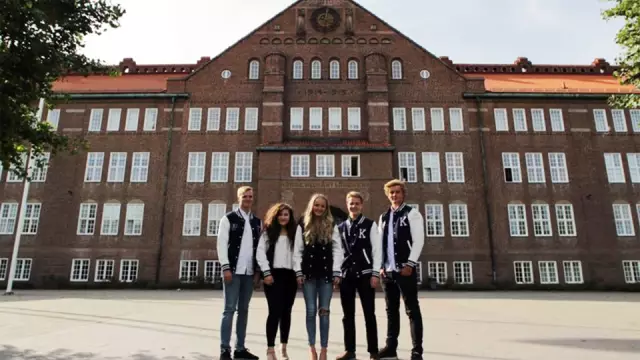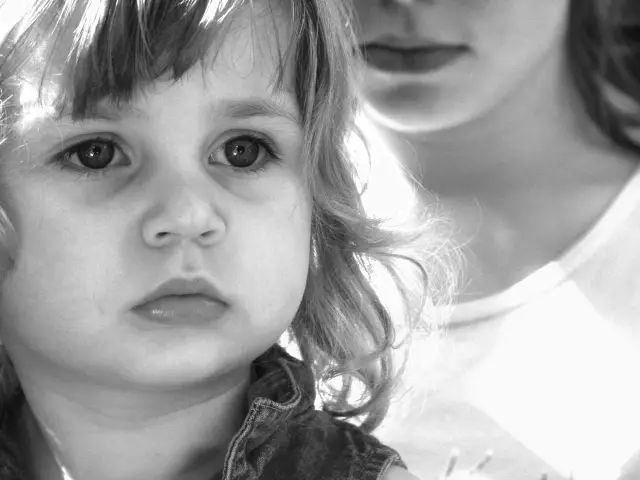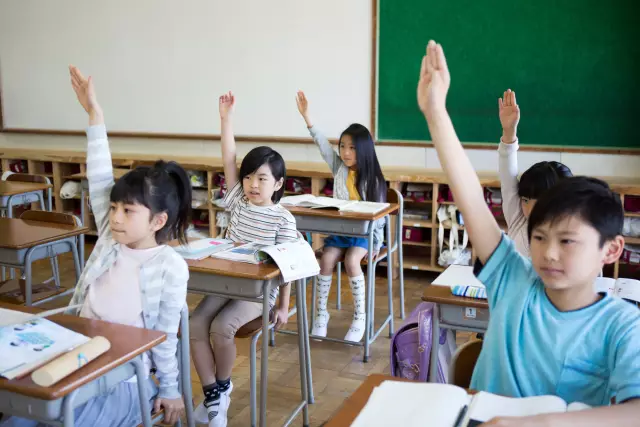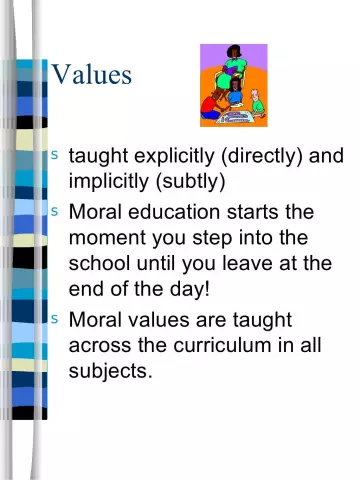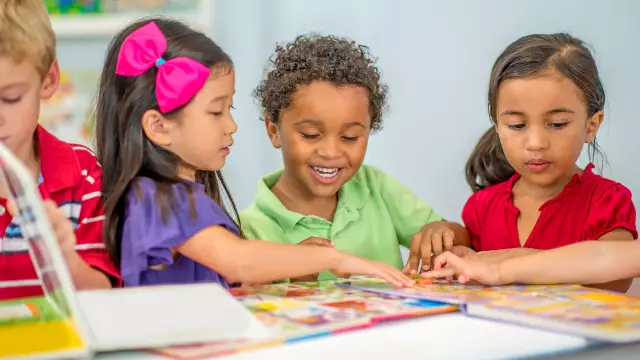- Author Rachel Wainwright wainwright@abchealthonline.com.
- Public 2023-12-15 07:39.
- Last modified 2025-11-02 20:14.
Moral education in preschool educational institution

Preschool age is the period in a child's life when parents and educators can make a significant contribution to the formation of the moral traits of his character, besides, numerous studies have proven that at the age of 4-6 years, with purposeful upbringing, the foundations of the moral qualities of a person are laid.
By the first trip to school, the child may already have formed stable forms of behavior and attitude to the surrounding reality in accordance with the moral norms and rules he has learned.
Due to the psychophysiological characteristics of preschoolers, moral education in preschool educational institutions and families becomes the basis that develops throughout their life and becomes a measure of the child's actions.
A child aged 4-6 years from a young age is distinguished by a high susceptibility to information coming from outside and easy learning, since their nervous system is plastic and is able to actively respond to signals coming from the environment. Everything that the child sees and hears lends itself to his comprehension and comprehension, any actions of parents or other close adults are amenable to careful analysis and, according to their template, the child's behavior is subsequently built. However, the lack of life experience, increased emotionality and bias prevent the child from distinguishing good from bad and choosing the correct demeanor and reaction to the emerging situation. That is why it is so important that moral education is systematically carried out in preschool educational institutions and in families of preschool children.
Features of moral education of preschoolers
In the process of a child's communication with parents and other adults who are included in his circle of communication, the first experience of moral behavior of a preschooler is formed. As you know, the need for communication is the most important social need of a person, and the people around the child are the necessary source that is able to satisfy it. An important feature of the moral education of preschoolers is that the content of their communication with adults should be pedagogically valuable, only in this case it will be able to exert the necessary moral influence on the child.
Moral education in a preschool educational institution is carried out in a children's society, where for each child the opportunity is formed to deepen and accumulate positive experience and relationships with children and adults.
The main tasks of moral education in preschool educational institutions include such as:
- Humane relations between children and adults through the implementation of the elementary rules of community life, caring attitude towards others and close people, benevolence and responsiveness;
- Fostering a culture of behavior and hard work;
- Formation of collectivist relationships among children;
- Fostering patriotic love for the homeland.
Achieving the fulfillment of the above tasks allows the teacher to influence the sphere of feelings of children, instill in them the habits of moral behavior, gradually develop the ability to assess and evaluate each other, as well as form a correct understanding of the moral qualities of people and phenomena of social life.
Developing in children the simplest habits through moral education in a preschool educational institution, the educator achieves a conscious and willing fulfillment of social norms and rules of behavior in society. As a result, instilling the simplest positive habits in children, the employees of the preschool educational institution make a valuable contribution to the moral development of the wards. From a very young age, through moral education in a preschool educational institution, a child develops an ability for empathy and skill, thanks to which he can find a response in his inner world to the sadness and joy of other people. Parents, together with educators, can teach a child at this age to overcome obstacles that arise, to be responsible for the actions they have taken, to show initiative and, which is very important, to bring the work started to the end.
Fairy tale as a means of moral education
The formation of moral values, which are the most important indicator of personality integrity, is a rather difficult task. Any society is directly interested in the preservation and transfer of experience accumulated over centuries, otherwise its existence and development simply become impossible. The preservation and transfer of this experience directly depends on the education and upbringing system, which is formed in the conditions of the socio-cultural development of this society and the characteristics of its worldview. To solve the problems of the development of society, a fairy tale acts as a means of moral education of the younger generation as a necessary effective means.

Regardless of gender and age, fairy tales are of great psychological importance for children, since they are the ones who are able to answer a number of questions and problems that arise in children's minds. Reading fairy tales with the child, parents see how the kid simply tries on the role of positive heroes, be it Tsarevich Ivan or the Swan Princess, at the same time clearly understanding that the fairy tale is unreal, but at the same time admitting that the events taking place in it may also take place in real life.
Thanks to fairy tales, the baby develops a craving for goodness and justice, a tendency to fantasize and believe in miracles. In addition to the craving for the magical and the unusual, the child's imagination also has a need to imitate adults who seem so smart and dexterous to the baby. It is in a fairy tale that a child can realize all his unconscious desires, defeat all villains and find himself in a magical world.
Carrying out moral education in a preschool educational institution, educators use fairy tales with the aim of developing in children such concepts as compassion, humanity, faith in goodness and justice.
Found a mistake in the text? Select it and press Ctrl + Enter.

